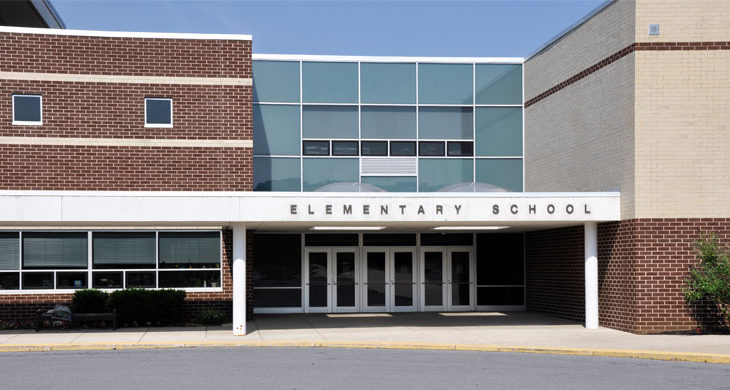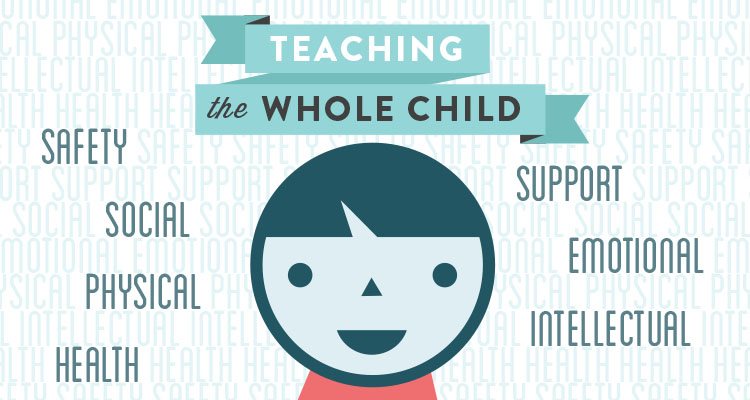K12 is making a difference, closing the achievement gap in both reading and math for some of America’s most economically disadvantaged students.
A report released June 11 showed that three of K12’s largest managed online charter schools—Texas Virtual Academy (TXVA), Arizona Virtual Academy (AZVA), and Georgia Cyber Academy (GCA)—have made significant progress in this area.
“We observed that students who were eligible for either free or reduced-price lunch are achieving higher percentages at or above proficiency on state tests, while others who were not eligible for subsidized meals were making even greater gains in proficiency” said Margaret Jorgensen, K12 chief academic officer.
The report (“Closing the Achievement Gap at Three Virtual Academies“) concludes that AZVA, TXVA, and GCA (three large K12 virtual academies that serve a higher percentage of economically disadvantaged students than either their state or the national average) continue to narrow the gap between students who are economically disadvantaged and those who are not. At the same time, they are raising the achievement levels of all free or reduced-price lunch (FRL) groups in both reading and math. The three K12-managed schools have also improved student performance as measured on their state test year over year.
The report also found that the longer students had been engaged with K12 supported programs, the better the results.
“Our commitment at K12 is to serve all students, regardless of their academic or socioeconomic circumstance,” says Mary Gifford, senior vice president of education and policy. “We recognize that many of the schools we serve have a higher population who come from low-income households than the national average. We are pleased that the instructional programs and wrap-around family support services we are providing at these schools are demonstrating positive results.”
The K12 news release summarizes the report as follows:
- Texas Virtual Academy: In reading, comparing TXVA students enrolled three years or more to those enrolled less than one year, proficiency percentages increased with longer enrollment for free lunch-eligible students by 20 percentage points, for reduced-price lunch by 18 percentage points, and for those not eligible by 15 percentage points. Notable at TXVA is the impressive improvement in mathematics for each category of students enrolled three years or more, with 74 percent of students eligible for free lunch reaching proficiency, 81% of students eligible for reduced-price lunch reaching proficiency, and 94 percent of students not eligible for subsidized meals reaching proficiency.
- Arizona Virtual Academy: In reading, proficiency percentages increased for AZVA in all free or reduced-priced lunch groups. The gap between free lunch-eligible and not eligible narrowed from 17 percentage points for students enrolled less than one year, to 15 percentage points for students enrolled three years or more. In mathematics, compared to students enrolled less than one year, AZVA students enrolled three or more achieved higher proficiency percentages across all FRL groups.
- Georgia Cyber Academy: In reading, compared to students enrolled less than one year, GCA students enrolled three years or more achieved higher proficiency percentages, except for students eligible for reduced-price lunch. The overall proficiency percentage of students eligible for reduced-price lunch enrolled three years of more remained high at 95 percent. In Mathematics, compared to students enrolled less than one year, GCA students enrolled three years or more achieved higher proficiency percentages in all FRL groups.
,










